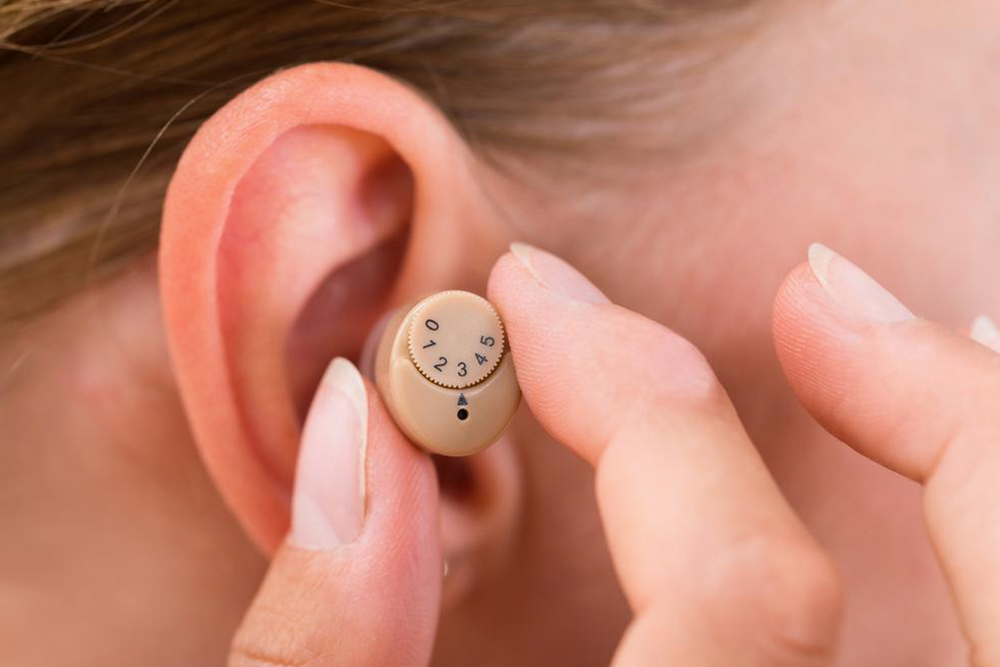Understanding Medicare Coverage for Hearing Aids
Explore comprehensive insights into Medicare’s coverage options for hearing aids, including limitations and how to maximize benefits through supplementary plans. Learn about eligibility, plan differences, and cost-saving strategies to manage hearing health expenses effectively.

Understanding Medicare Coverage for Hearing Aids
Medicare is a nationwide health insurance program managed by the federal government, primarily designed for seniors aged 65 and above, individuals with end-stage renal disease, and some younger people with disabilities.
Navigating Medicare's coverage options can be complex, as each plan offers different benefits and limitations. When researching hearing aid coverage, it's essential to review all Medicare plans to determine eligibility and benefits related to hearing health services.
Generally, traditional Medicare does not cover hearing aids. Here's what you should know about hearing aid coverage through Medicare:
Key facts about Medicare and hearing aids include:
• Medicare Part B is a medical insurance plan that covers outpatient services, diagnostics, and medical supplies. For example, if a doctor orders hearing tests or diagnostics due to hearing issues, Part B may cover those costs, provided the doctor participates in Medicare.
• However, coverage stops once hearing loss is diagnosed; Medicare typically does not pay for hearing aids themselves.
• Medicare Advantage Plans (Part C) may offer better coverage for hearing-related needs, including hearing exams and aids. These plans are offered by private insurers under Medicare contracts. It’s vital to review plan specifics to ensure coverage aligns with your hearing health requirements, including hearing aids and routine check-ups.
Combining Medicare with Other Insurance Options for Hearing Aids
Because Medicare's coverage is limited for hearing aids, many individuals opt to supplement it with additional insurance plans.
• When choosing a Medicare plan for hearing aids, check for any restrictions, such as specific providers or purchase requirements, which could affect your choices.
• Coverage and costs may vary by state and plan, so carefully evaluate all expenses before selecting a plan.
Given the high costs of hearing aids, leveraging any available insurance benefits can significantly reduce out-of-pocket expenses.










